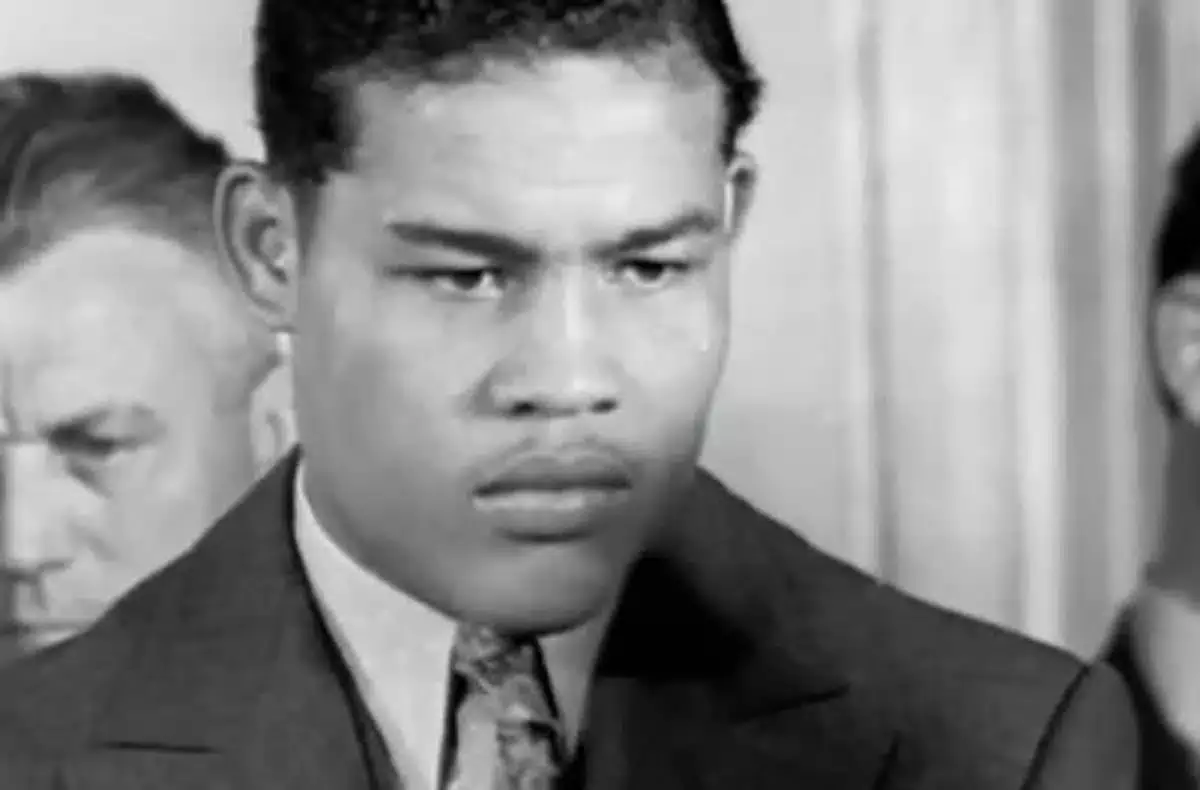Boxing has always evoked intense emotions, and no one encapsulates that passion better than Teddy Atlas. The sports commentator and boxing expert recently took to his podcast, “The Fight,” to discuss his personal list of the top ten greatest heavyweights in boxing history. His selections, filled with fervor and vivid anecdotes, are bound to spark debates among fans and analysts alike. Such discussions, although contentious, reveal just how deeply the sport resonates with its enthusiasts.
The Criteria Behind the List
Before we delve into Atlas’s selections, understanding the criteria he employs provides essential context. For Atlas, greatness is defined by a combination of skill, impact, resilience, and the ability to transcend the sport. He values not just the records but the stories behind each fighter. It’s a personal journey for Atlas, intertwined with his own experiences in boxing, both as a commentator and as a trainer. This emotional investment drives his choices, making them resonate beyond mere statistics.
The Top Ten Countdown
Atlas’s list is structured in reverse order, which is an effective way to build anticipation as he reveals who he believes are the titans of the heavyweight division.
At number ten is Lennox Lewis, a fighter who, despite facing adversity in the ring—most notably his knockouts at the hands of Oliver McCall and Hasim Rahman—demonstrated impressive resilience by reclaiming the heavyweight championship. Atlas appreciates Lewis’s ability to learn and adapt, qualities that set him apart in the sport.
Following him at number nine is Larry Holmes, often credited with arguably the best jab in heavyweight boxing. Atlas highlights Holmes’s near achievement of being an undefeated heavyweight champion, showcasing not only his skill but also hinting at the volatility of boxing where greatness is both illustrious and precarious.
Jack Dempsey, who finds his place at eight, represents the historical significance of the heavyweight division. Atlas’s enthusiastic proclamation of Dempsey’s era illustrates how he captured the hearts of fans during tumultuous times. The raw appeal of Dempsey’s fights lies in their ability to bring people together, a testament to why he belongs in any discussion of boxing legends.
At number seven, Gene Tunney stands out as a pioneer of the sport’s intellectual approach. Atlas’s comments underline Tunney’s unique combination of intelligence and brawn, which was relatively rare. Tunney’s resilience in overcoming knockdowns speaks to the quintessential spirit of a champion.
Interestingly, the sixth spot was intentionally left vacant during Atlas’s live episode—a bold and innovative move. This creative decision invites listeners to engage more directly with the discourse, prompting them to contribute their opinions and preferences.
Climbing further up, we find George Foreman at number five. His life outside the ring, marked by transformation and deep philosophical reflections, adds a richness to his legacy. Atlas refers to him as someone who showed us the concept of reincarnation through his extraordinary comeback and impact on the sport, emphasizing that Foreman’s influence stretches far beyond his victories.
Rocky Marciano, a puncher famous for his grit and heart, occupies the fourth position. Atlas calls attention to Marciano’s strategic genius, especially during pivotal moments in his fights. The recounting of Marciano’s victory over Jersey Joe Walcott illustrates his capacity to innovate under pressure, which speaks volumes about his unparalleled tenacity.
At number three, Jack Johnson made history as the first black heavyweight champion. Atlas’s adulation for Johnson extends beyond his boxing skills; it celebrates his significance in socio-cultural terms, illustrating how he shattered barriers and redefined the sport’s landscape.
In the second spot, the indomitable Muhammad Ali holds a rightful place, notorious for his charisma and boxing prowess. Atlas acknowledges Ali’s extraordinary agility and chin, hinting at the depth of Ali’s legend—one that may never be fully appreciated in rankings alone.
Finally, the towering figure of Joe Louis, the baddest man on the planet, claims the top position. Atlas’s tribute touches not only on Louis’s extraordinary resolve during the Second World War climate but also on the broader implications of his fights, especially the emotional weight of his rematch against Max Schmeling. Louis’s legacy is intertwined with themes of identity and struggle that resonate deeply within the arena of boxing.
Embracing Controversy and Celebration
Atlas’s rankings are unapologetically subjective, and that’s where their allure lies. The genius of these selections isn’t merely in the fighters chosen but in Atlas’s passionate delivery. His willingness to provoke discussion through rankings that invite critique encourages a dialogue that is as vibrant and contentious as the sport itself. Each selection is not only a recommendation but a call to arms for fans to debate and engage in the sport’s rich history.
Whether you align with Atlas’s rankings or vehemently disagree, there’s no denying that his selections spark thought-provoking conversations, keeping the timeless spirit of boxing alive. In a sport defined by its warriors, tributes like Atlas’s remind us that every fighter’s tale contributes to the larger narrative of human greatness, determination, and legacy.

